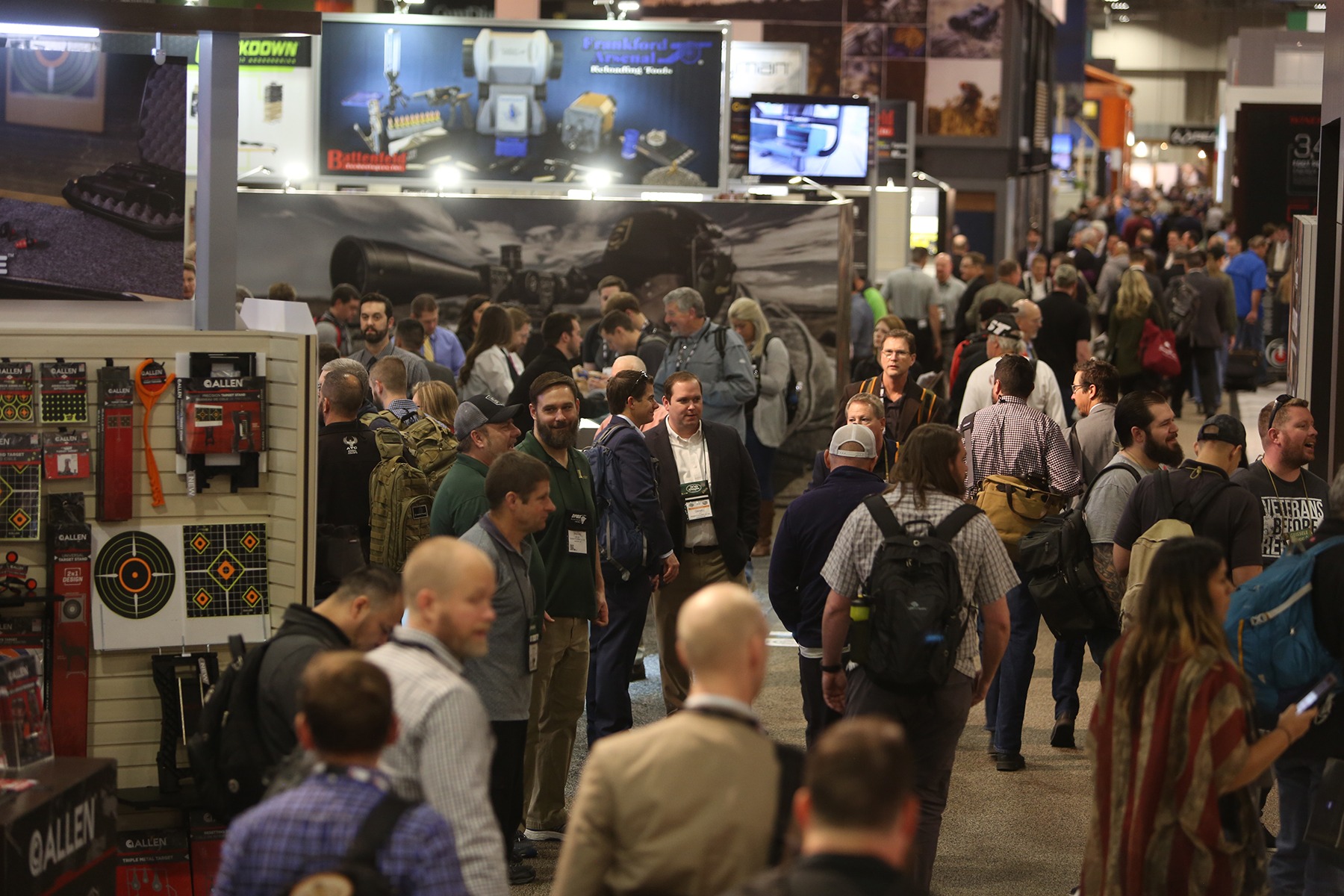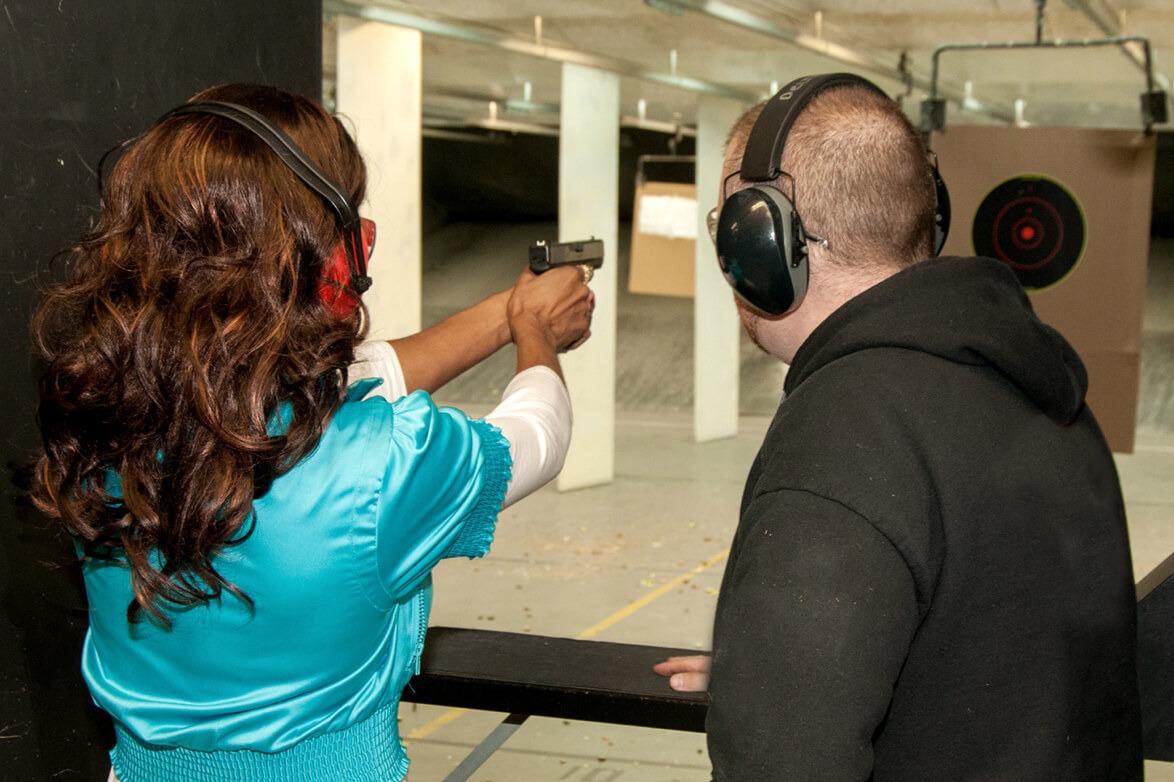 Back to News
Back to News
February 13, 2025
Mexico Narco-Terrorism Corruption Continues as SCOTUS Review Draws Near
Mexican officials aren’t even trying to hide the fact that the highest ranks of their federal government is rife with narco-terrorism corruption. That’s not new, but it is rather bold, given that the U.S. Supreme Court will consider a petition to dismiss their frivolous case claiming U.S. firearm manufacturers are responsible for violent crime that’s plagued that country for decades.
If Mexican officials are trying to prove their case, their lawyers’ arguments aren’t matching what their own government is showing the world. Criminal drug cartels – which foment the murderous and illicit drug trade – continue to be comfortably embedded in their government, right up to Mexican President Claudia Sheinbaum, a protégé of former Mexican President Andrés Manuel López Obrador.
Mexican President Sheinbaum invited former Mexican Secretary of Defense Salvador Cienfuegos to the stage with her during a military ceremony commemorating the 112th anniversary of Mexico’s Loyalty. This is the same Cienfuegos who was arrested in 2020 by the U.S. Department of Justice (DOJ) for his ties to narco-terrorist drug cartels. He was the highest-ranking Mexican official arrested by U.S. authorities for drug trafficking, which has gone hand-in-hand with illegal firearm smuggling.
Mexico’s ‘Godfather’
The DOJ accused him of using his position as the head of Mexico’s military to benefit drug cartels. According to a Breitbart report, he was even referred to as the “Godfather.” The “Godfather” Cienfuegos even showed up to the ceremony this week wearing his old military uniform, taking his place among the other senior-ranking Mexican authorities and politicians, just feet from Mexican President Sheinbaum.
The DOJ celebrated Cienfuegos’ arrest in 2020, issuing a press release that he was arrested in Los Angeles “on U.S. charges of conspiracy to manufacture, import, and distribute narcotics into the United States and money laundering.” In the same press release, the DOJ announced it made the decision to seek dismissal of the charges and turn him back over to Mexican authorities for investigation and charges under Mexican law.
Except, that never happened.
One Associated Press report alleged Mexico threatened to expel the Drug Enforcement Administration’s (DEA) regional director and agents unless the case was dropped. Officially, the decision was based upon “the broader interest in maintaining that relationship in a cooperative way” with Mexico.
Mexico’s attorney general’s office released Cienfuegos after saying they found no ties to narco-terrorist drug cartels. Mexico’s then-President López Obrador hailed the charges being dropped, saying the DEA made it all up. President López Obrador even went as far as to give Cienfuegos a military award in front of representatives from Russia, Cuba, Venezuela and other South American and Asian countries.
This was the same Mexican president who is believed to have taken bribes from narco-terrorist drug cartels for his own election and used a soft approach toward the cartels. Mexican government corruption was embodied through President López Obrador’s “hugs, not bullets” campaign. That effort was labelled a failure by the Council on Foreign Relations.
That’s not unexpected with corrupt Mexican officials running the show. The Brookings Institution reported, “Although serving as Mexico’s highest military official and, given the role of the Mexican military policing, also a top law enforcement official, Cienfuegos allegedly directed Mexican law enforcement actions away from the H-2 cartel and against its drug rivals. As per the U.S. indictment, he promoted and enabled drug trafficking of the H-2 cartel, not put off even by its highly murderous ways.”
Day in Court
It’s clear that Cienfuegos didn’t quietly slip into the Mexican countryside. He’s just yards – literally – from the Mexican president even as her nation’s lawyers are set to argue before the U.S. Supreme Court that U.S. firearm manufacturers are to blame for violent crime in Mexico. They’re suing several firearm manufacturers for $10 billion. That case, Estados Unidos Mexicanos v. Smith & Wesson Brands, Inc., et al., was petitioned to the Supreme Court by Smith & Wesson after the U.S. Court of Appeals for the First Circuit revived the case after it was dismissed by a lower federal court. NSSF has filed an amicus brief supporting Smith & Wesson’s argument that the frivolous lawsuit is barred by the Protection of Lawful Commerce in Arms Act (PLCAA).
NSSF warned that nothing changed in Mexico’s approach to curbing narco-terrorist drug cartels with a new Mexican president. It’s more of the same, and apparently that includes close ties to known drug traffickers that fuel the rampant, murderous crime south of the border.
The White House concurs. In President Donald Trump’s Fact Sheet regarding tariffs on Mexico, it was noted that “… Mexican drug trafficking organizations have an intolerable alliance with the government of Mexico. The government of Mexico has afforded safe havens for the cartels…” adding, “… this alliance endangers the national security of the United States…”
Mexico’s lawyers will stand before the justices of the Supreme Court on March 4 to argue their case that firearm manufacturers are somehow responsible for lawfully-made and lawfully-sold firearms in the United States being illegally trafficked through criminal drug cartel networks into Mexico. They’ll do it even as Mexico’s president cozies up with corrupt government officials known to foster the very violent crimes of which they deflect from themselves and to American firearm manufacturers that follow the law.
You may also be interested in:
NSSF Files Amicus Brief Urging SCOTUS to End Mexico’s Firearm Industry Lawsuit
Categories: BP Item, Featured, Government Relations, Top Stories









